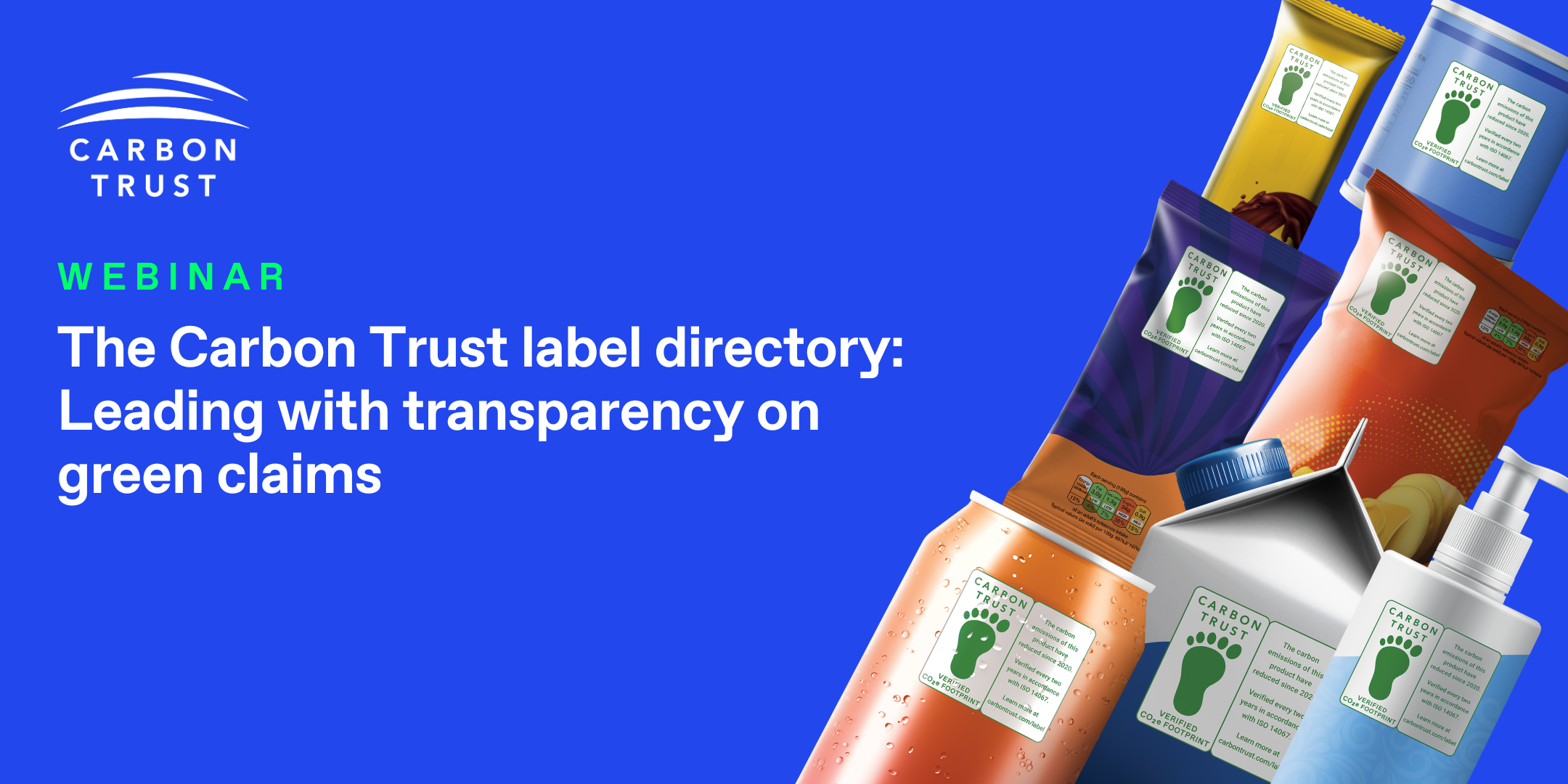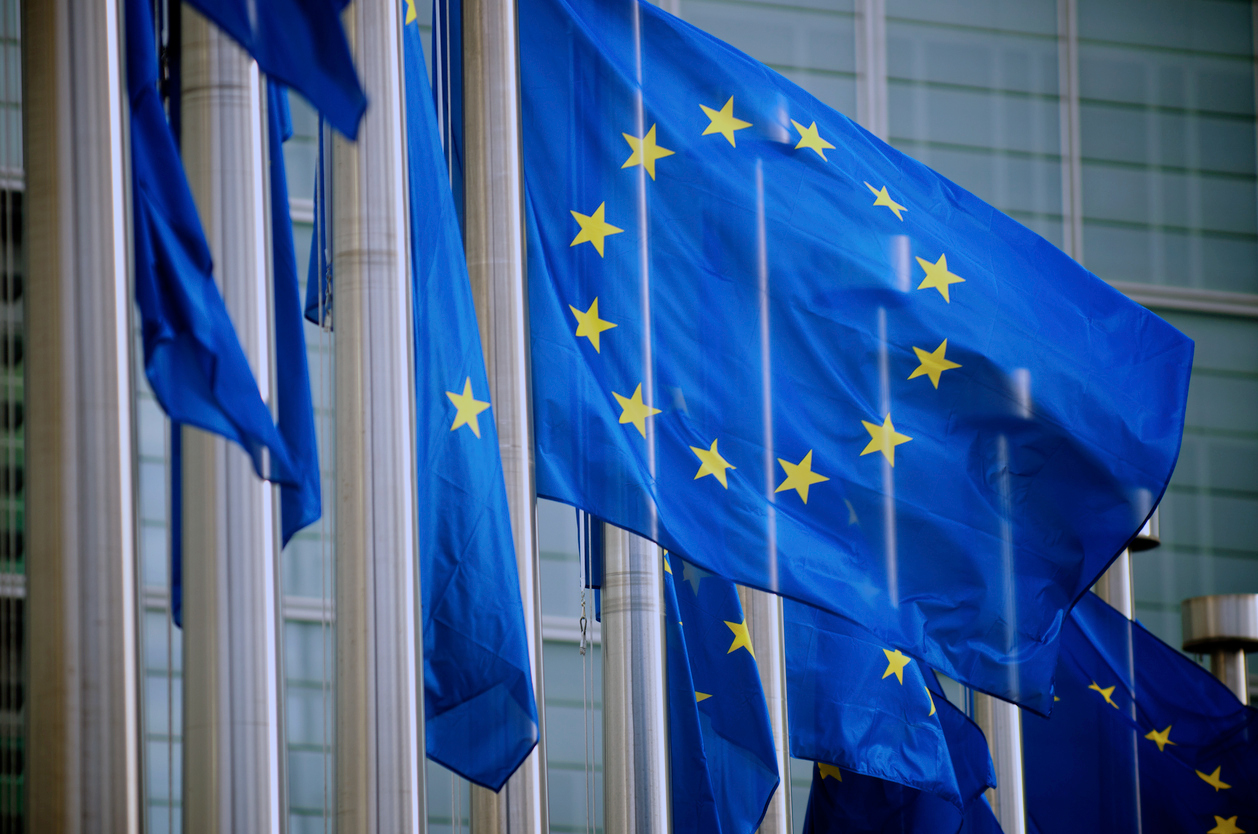CBAM was introduced to help the EU reduce emissions from imported goods as part of its goal to lower emissions by 55% by 2030. What does this carbon border tax mean for importers and exporters across Europe? And how can businesses fulfil their disclosure obligations?
To answer these questions, we hosted two webinars:
- How CBAM will affect companies in the EU and import commodities like fertiliser, aluminium, steel, iron, cement and hydrogen.
- How companies that supply to the EU can implement robust carbon footprinting to meet EU customer’s reporting requests and changes that can be made to boost competitiveness.
Please note that CBAM requirements may change under the EU Commission’s proposed Omnibus package. We will update these pages as any changes are confirmed. Find out more here.
For importers: ‘Mastering CBAM: Building strong supplier relationships’
Specifically targeted to companies importing CBAM materials into the EU. The webinar outlined CBAM essentials including reporting requirements, supplier data needs, engagement strategies and compliance challenges.
Topics covered:
- Reporting process and boundaries
- Supplier data needed
- Supplier engagement strategies
- Overcoming reporting challenges
- Interactive Q&A
Speakers:
- Veronika Thieme, Associate Director, the Carbon Trust
- Davina Naidoo, Consultant, the Carbon Trust
For exporters: ‘Mastering CBAM: Reporting requests and building strong EU relationships’
With 93% of EU-based importers identifying data collection from suppliers as a major hurdle, this session was specifically created for exporters to the EU. It covers the implications of the EU Commission’s Omnibus announcement, what data EU customers will require for reporting purposes and best practices for gathering this information.
Please note that we hosted three breakout room for exporters of fertilisers, cement and metals. To receive a recording of these breakout rooms, please contact client.support@carbontrust.com.
What was covered?
- Key changes of the EU Omnibus package and what to expect next
- Breakdown of the EU’s CBAM reporting process, timelines and requirements
- The information your EU customers need from you and how to fulfil their requirements
- Similarities and differences between footprinting, CBAM and Scope 3 reporting
- Interactive Q&A
Speakers:
- Veronika Thieme, Associate Director, the Carbon Trust
- Pawel Kisielewski, CEO, CCm Technologies




